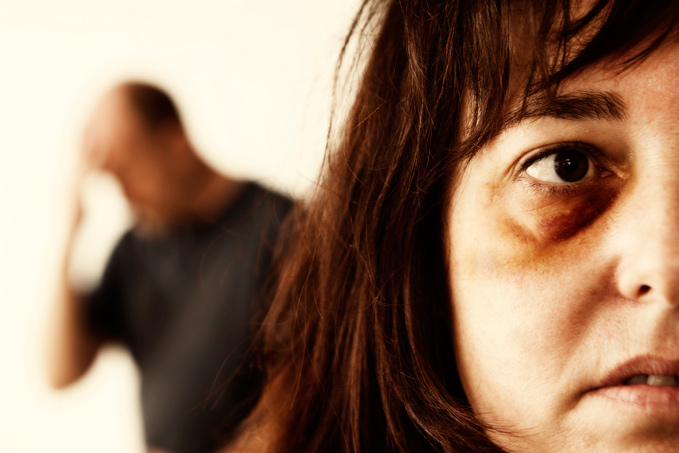The views expressed in our content reflect individual perspectives and do not represent the authoritative views of the Baha'i Faith.
Years ago, when I was a student, I had a friend whose mother disappeared one day.
It caused quite an uproar. “Mother of Six Vanishes!” said a newspaper headline. My friend and his father did a number of television interviews, pleading with the public for help. The police talked with the father repeatedly, seemingly convinced that something criminal had happened. No, he told them, completely baffled, he loved his wife and had no idea where she had gone.
It took a few days, but the police finally found her car parked at a truck stop on the freeway a few miles from their house. In the car, they found a note: “Love you all, but I can’t do it anymore. Goodbye.” The police said “She obviously got a ride to somewhere from here—but we have no idea where.”
 She never returned. My friend’s father realized, too late, why she left. With his traditional view of marriage, he had just blithely expected his wife to bear the entire burden of caring for the whole family. That huge workload—cooking, cleaning, raising, disciplining and trying to earn a second income, too—had completely overwhelmed and exhausted her.
She never returned. My friend’s father realized, too late, why she left. With his traditional view of marriage, he had just blithely expected his wife to bear the entire burden of caring for the whole family. That huge workload—cooking, cleaning, raising, disciplining and trying to earn a second income, too—had completely overwhelmed and exhausted her.
Don’t get me wrong—I’m not advocating familial abandonment here. Hers was an extreme case, and while it seemed an indefensible action to me at the time, I can try to understand it from her point of view now.
My friend’s mom simply rebelled against the terrible inequities of traditional marriage, and couldn’t see any other way out.
Marital inequality has plagued relationships for a very long time. Women, often tasked with the domestic burdens of maintaining a household, bearing, raising and feeding children and growing and harvesting food as well, have traditionally borne enormous workloads. Men in those societies typically have much more leisure time. However, in many modern western cultures, the economic pressures on men to work have sometimes made the traditional male role of breadwinner more burdensome.
Regardless of your culture’s marital inequities, the Baha’i teachings call for the equality of women and men. The roles of marital partners in a Baha’i context differ greatly from the traditional ones—men take on some of the menial tasks of housework, and women work to advance their careers. Both share equally in child-rearing. They participate equally in decision-making, with neither husband or wife dominating.
In other words, a Baha’i marriage works to abolish the exercise of arbitrary power present in so many relationships, and replace it with a spirit of frank, equal and loving consultation.
Recognition of their fundamental equality allows a married couple enormous flexibility and adaptability. Without rigidly-defined roles, partners can adjust to meet the needs of each family member and the family as a whole:
The world of humanity has two wings — one is women and the other men. Not until both wings are equally developed can the bird fly. Should one wing remain weak, flight is impossible. – Abdu’l-Baha, Selections from the Writings of Abdu’l-Baha, p. 301.
Because the Baha’i wedding vow exemplifies parity and balance, and Baha’i marriages are expected to strive for equality, neither marriage partner agrees to “obey” or “belong to” the other. With these old roles discarded, family relations can progress toward the goal of attaining justice and fairness, regardless of gender.
This can mean, in just a generation or two, that society can begin to eliminate the inherited attitudes of superiority or privilege that afflict so many young boys, and which they carry into the wider culture as they grow into men. It can also mean that girls, who so often gave up educational opportunities in the past, can now have the ability to achieve their goals. Ultimately, as more and more young girls and boys grow up in families that respect that rights and privileges of both women and men, the Baha’i principle of a balanced, just and egalitarian world culture can begin to emerge.
















Comments
Sign in or create an account
Continue with Googleor